The Day Paris Went Quiet
Pedestrians in the last minutes before lockdown.
On Tuesday, March 17th, at midday, the city of Paris sunk into a lockdown to protect its citizens and prevent the exponential spread of the novel coronavirus, which has ravaged the world at a rate unprecedented since the Spanish Influenza of 1918. The evening prior, French President Emmanuel Macron used the phrase, Nous sommes en guerre, or “We are at war,” a total of six times while addressing the nation, in a solemn speech that announced radical measures to fight the pandemic. Macron anointed himself a wartime president against an invisible enemy, as the French people resigned to life at home and businesses across the nation closed their doors.
In the few hours before the lockdown began, Paris was already a city surrendered. The streets were quiet. There was no traffic, no honking, no scooters roaring by. The few pedestrians taking in their last hours of freedom were subdued, often sheltered in face masks or walking a dog, and when they passed one another they kept their distance and their heads down. After the berating that citizens received for swarming the gardens en masse to enjoy the first sun and warmth that Sunday provided, all the city’s parks had been officially shut the day before. Shops and cafés which usually bustled with customers were closed, wicker chairs balanced high in teetering stacks that were visible through the glass windows. Some stores even had signs posted: “Fermé en raison de la crise du coronavirus,” in case any customers had somehow missed the news that the world is ending! and we all get the pleasure of being here to witness it.
Shops and cafés which usually bustled with customers were closed, wicker chairs balanced high in teetering stacks that were visible through the glass windows.
There was no one in the lobby of our building as I came downstairs that morning. The floors stunk of cleaner and the door handles and banisters had been recently scrubbed, though this was a luxury that most apartment buildings in the city would not afford. The construction site next door, which had tortured us all year long, was blissfully silent for once. Even the Franprix we lived above appeared closed, for the lack of schoolchildren who usually hung around outside next to shoppers paused for a smoke. But two gloved employees remained in the grocery store, patiently scanning barcodes for produce and soap and canned tomatoes, then wiping the conveyor belt and card machines with anti-bac, before the next scavengers came to clear shelves for their apocalypse supply cupboard.
The neighborhood boulangerie was surprisingly empty for nine in the morning, but I was amused to see that bakeries were one of the few shops, along with the tabacs, which had been deemed essential and allowed to remain open. It seemed like a cliché to officially name baguettes and cigarettes as two of the things the French cannot live without.
Bakeries were one of the few shops, along with the tabacs, which had been deemed essential and allowed to remain open.
The path along the outside of the Luxembourg Gardens was quiet, along with the square by Saint-Sulpice and the most of the roads that ran parallel to the Boulevard Saint-Germain. The line outside of the Monoprix, the largest grocery store in the Sixth Arrondissement, was already growing by nine thirty. Customers were let inside via a one-in, one-out policy, and there were people queued all the way to Brasserie Lipp, past the end of the street and around the block. Each person stood at least a meter apart; some looking forlorn at the realization of this new normal, others only in the hopes of getting their groceries and going home before the lockdown began at noon.
The line outside of the Monoprix, the largest grocery store in the Sixth Arrondissement, was already growing by nine thirty. Customers were let inside via a one-in, one-out policy, and there were people queued all the way to Brasserie Lipp, past the end of the street and around the block.
There was a strange mix of calm and fear in the air. Calm, at the fact that the city, despite its quiet and emptiness, was still the same Paris as ever. The monuments were still standing. The Seine was still running. The cobblestone streets were the same as before. Fear, at the unknown. Fear at the masks. Fear at the person who deigns to cough in public. Fear that the monster lurking around the corner is not around the corner, but already upon you, in the one spot your hand sanitizer somehow missed. The only person who seemed unchanged to me that morning was the homeless man I passed sleeping next to the Café de Flore, wrapped in his sleeping bags with a change bucket out front next to the cardboard sign that he had put up earlier that week, asking for money and wishing passersby a pleasant day. Perhaps he had not yet woken up to this new Paris, or perhaps he had not yet realized the turning tide to come. I only hoped he would find shelter and food without the constant flow of tourists on the corner whose contributions he normally relied on.
As it grew closer to midday, a few more people were out on the streets gathering last minute supplies from bakeries and shops, taking in gulps of fresh air before heading back home. It was a fraction of the population you would normally see on the Left Bank, and you could walk straight across the boulevards without a vehicle in sight. The more wary pedestrians crossed the street or dodged out of the way if another person came within a meter or two of them. Queues that formed at the pharmacies half an hour before opening moved slowly, and customers were let in one at a time. Face masks and gloves had yet to be replenished by government deliveries. Several small shops put up temporary blockades and turned into takeaway windows to manage the health risk posed to their employees.
A small market blocks its entrance with clementine boxes, which are used as a makeshift order counter.
The city felt changed, and the rest of the world soon would as well. But in an unexpected way, Paris also felt like a city reinvented. As the coffee pot at my apartment burbled that morning, I looked out across the courtyard to windows filled by people that I had never seen home before. Our neighbors upstairs were playing a piano which I had not heard in six months of living a floor apart. The neighbor below had been singing with gusto in the early morning, and there was a couple reading in the sun on the rooftop balcony across the courtyard from us. My favorite neighbor to watch, an elderly man who lived on the ground floor of the building across, was out in his garden, practicing his golf putting against the wall like he always did. The familiar clink of the golf ball hitting the brick was accompanied by another sound now: the voice of his wife, who was outside with him for the very first time this year, tending to her plants for the coming spring.
As the people of France stayed home on Tuesday, March 17th, the time remaining in lockdown spanned out indefinitely, though it had only just begun. The air was filled with fear and uncertainty, a chance to be home that some felt we should not take for granted, and time to spend with loved ones that we might not otherwise have had. But the realities of lockdown settled in quickly and the costs of this catastrophe were already unmistakably apparent in places like Wuhan, Lombardy, and then in New York. Isolation comes with its own costs, but the ability to stay home is a privilege that much of the world cannot afford. Today, we ask ourselves, when will it be over, and what will life be like by the time we emerge?
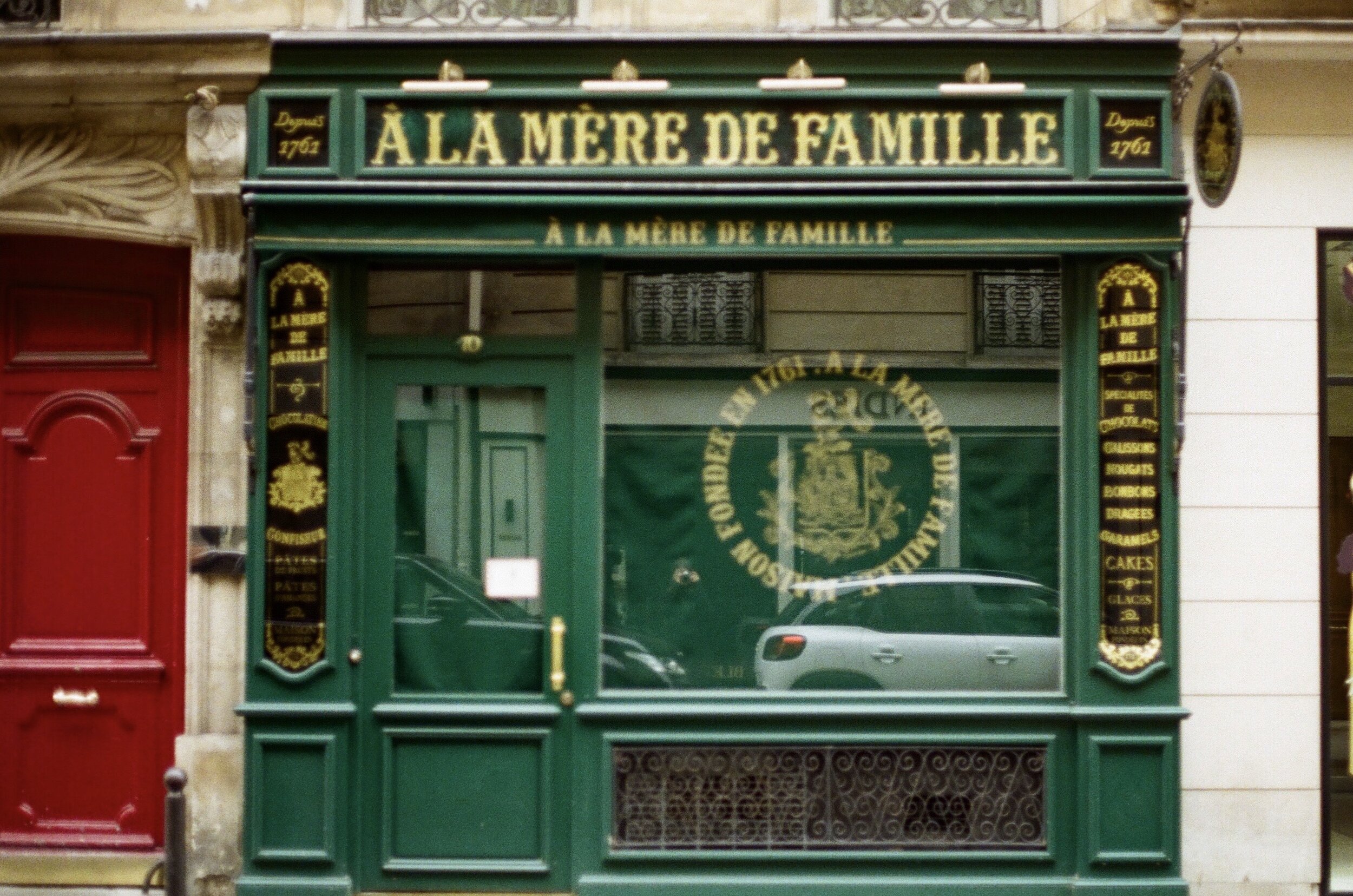
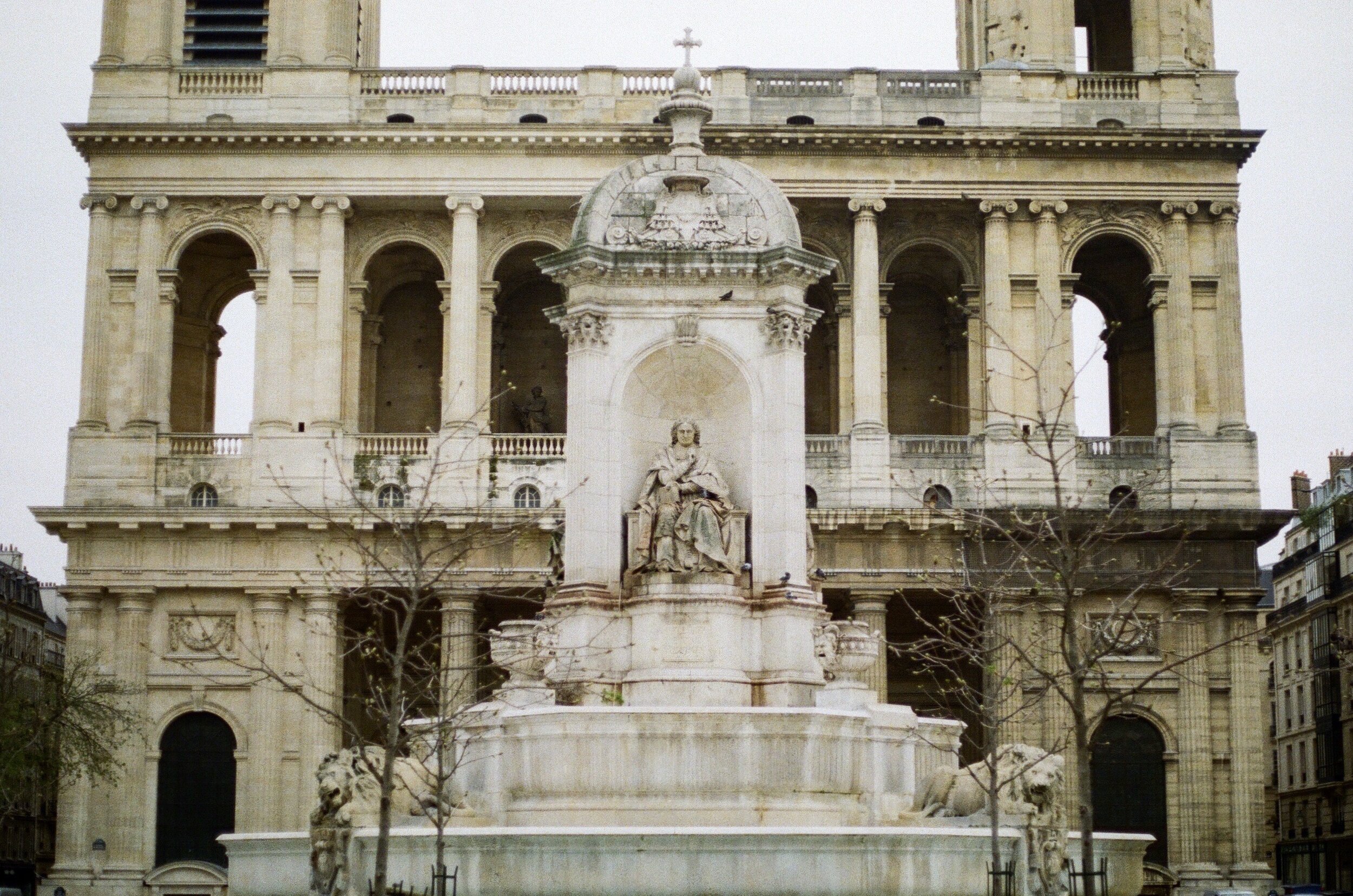
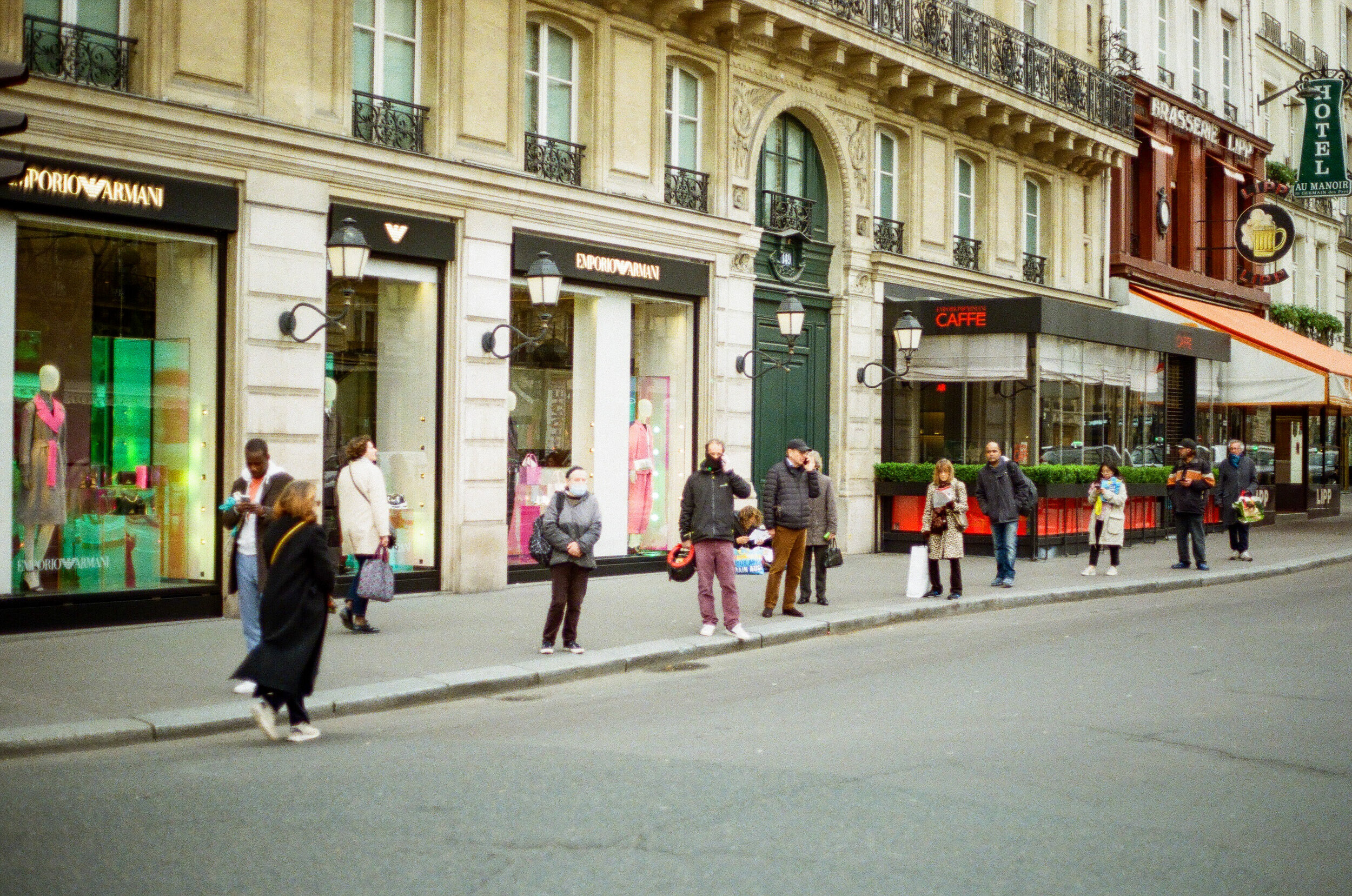
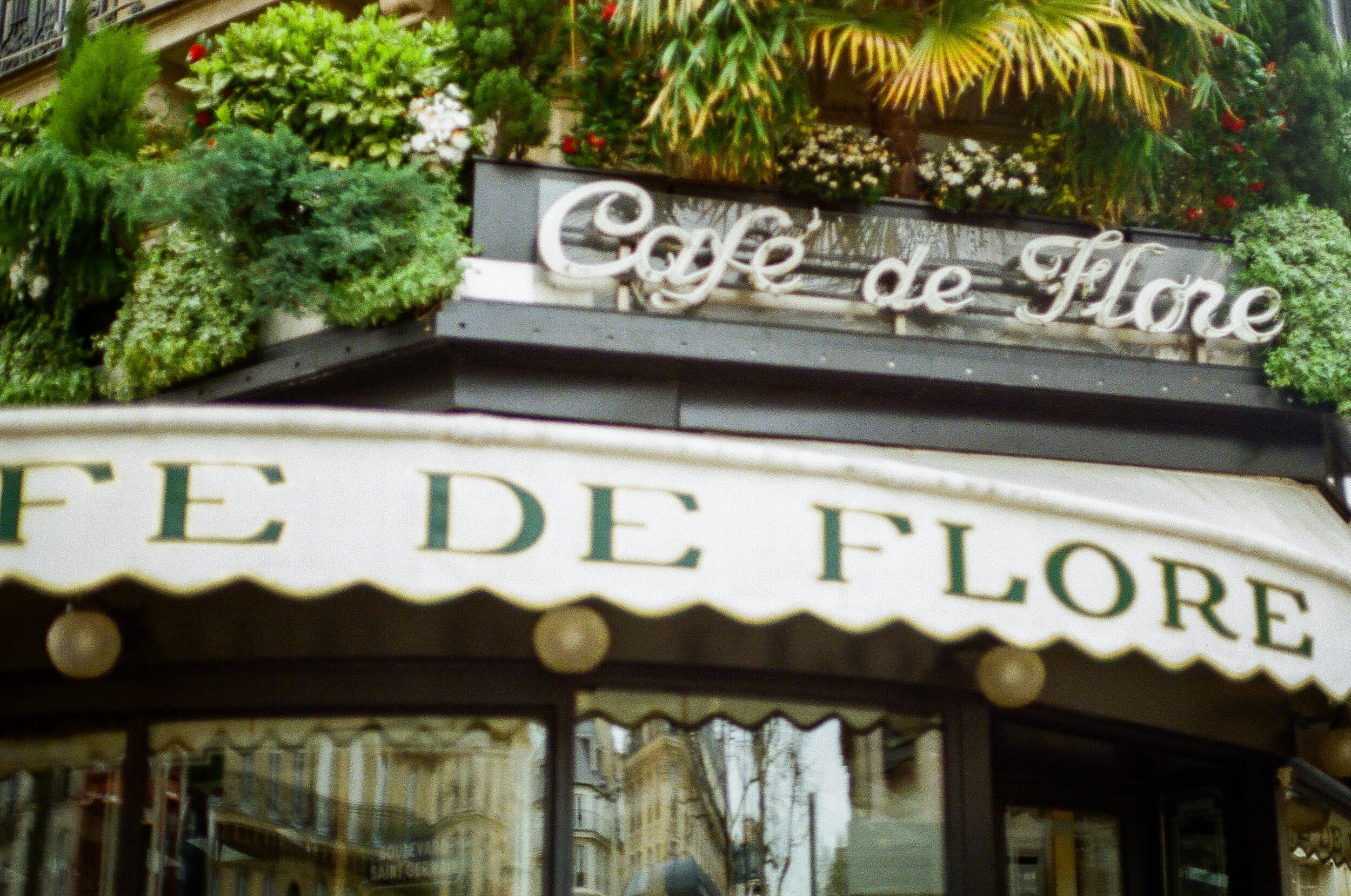
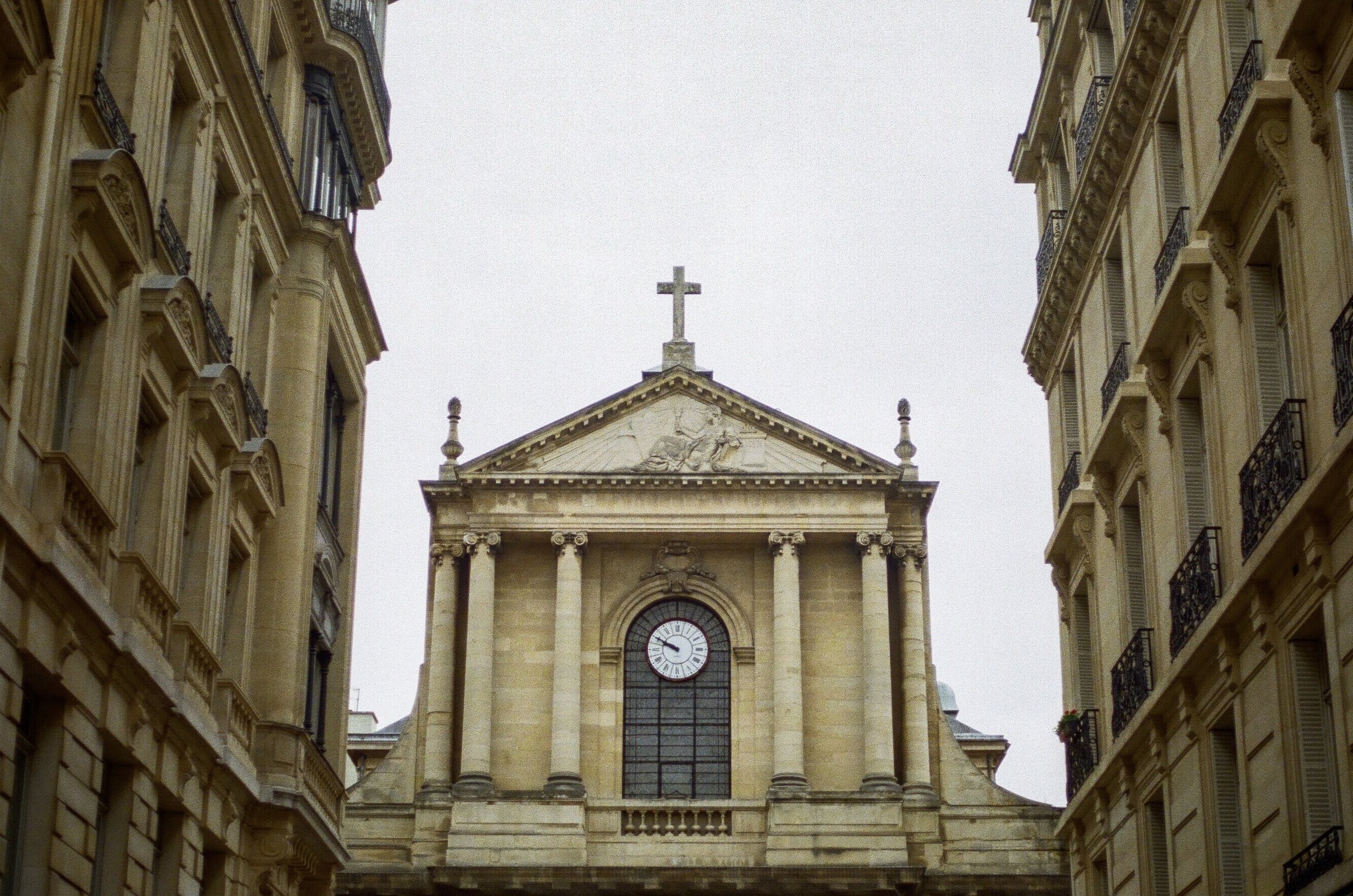
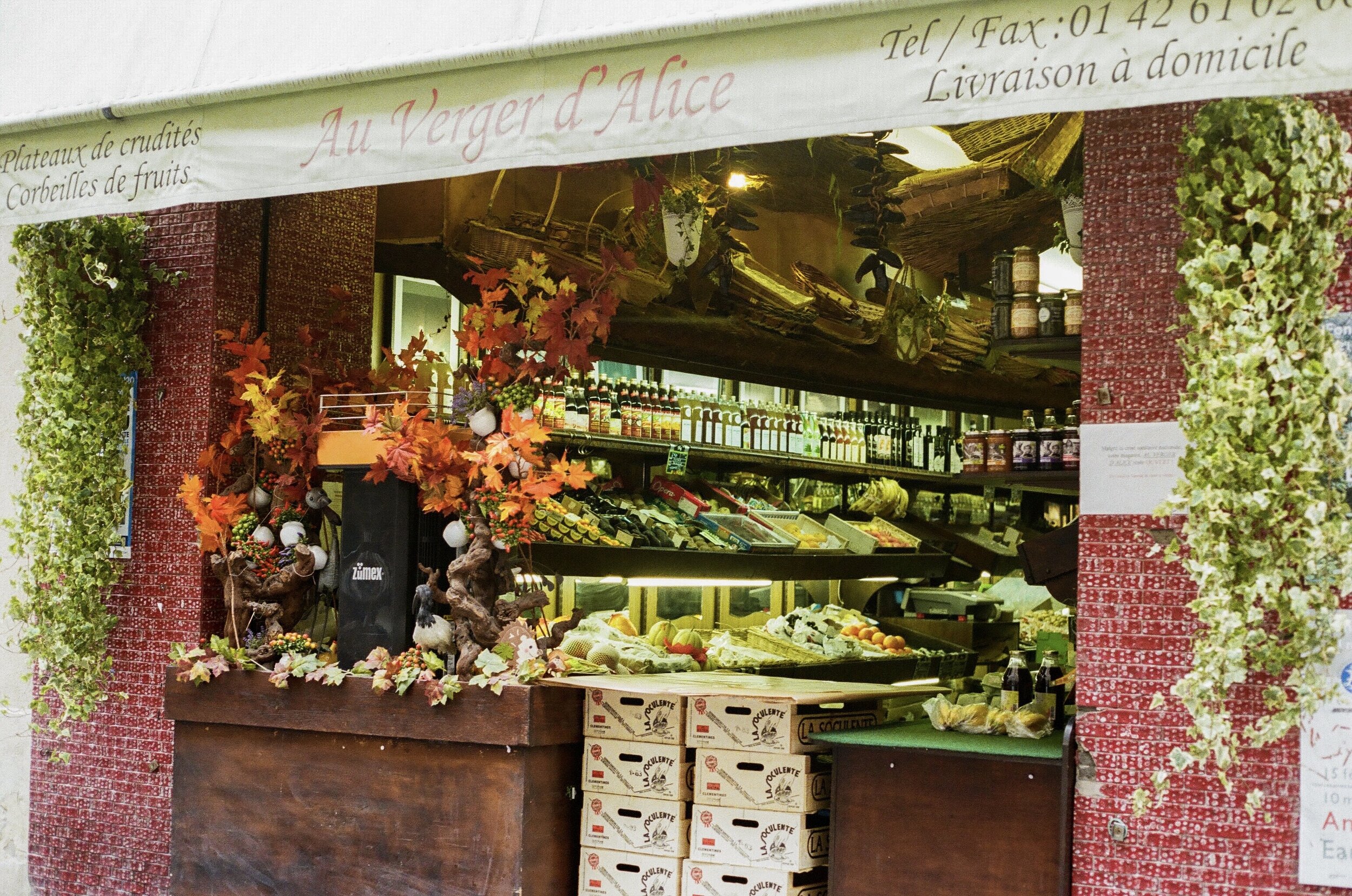
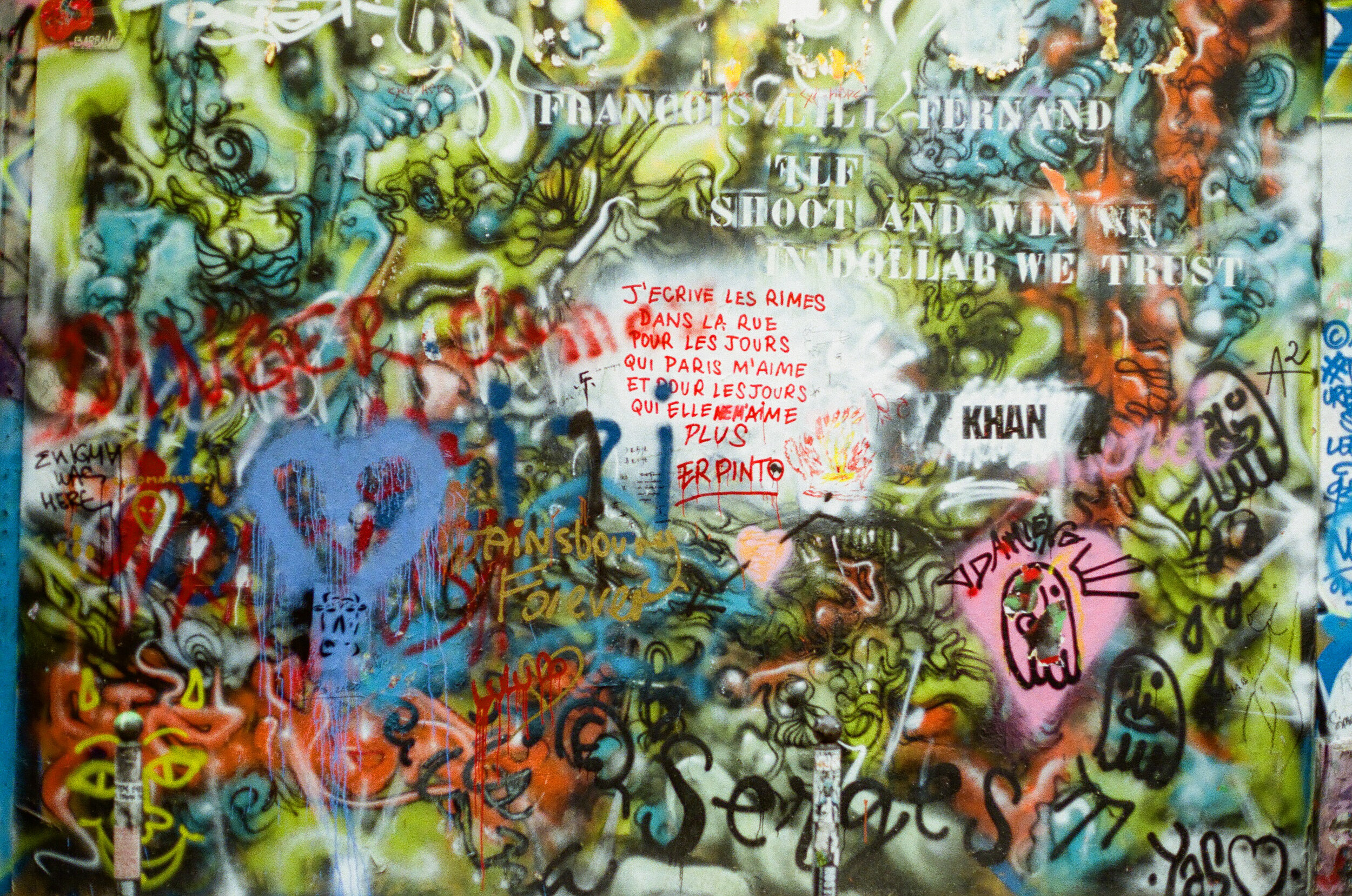
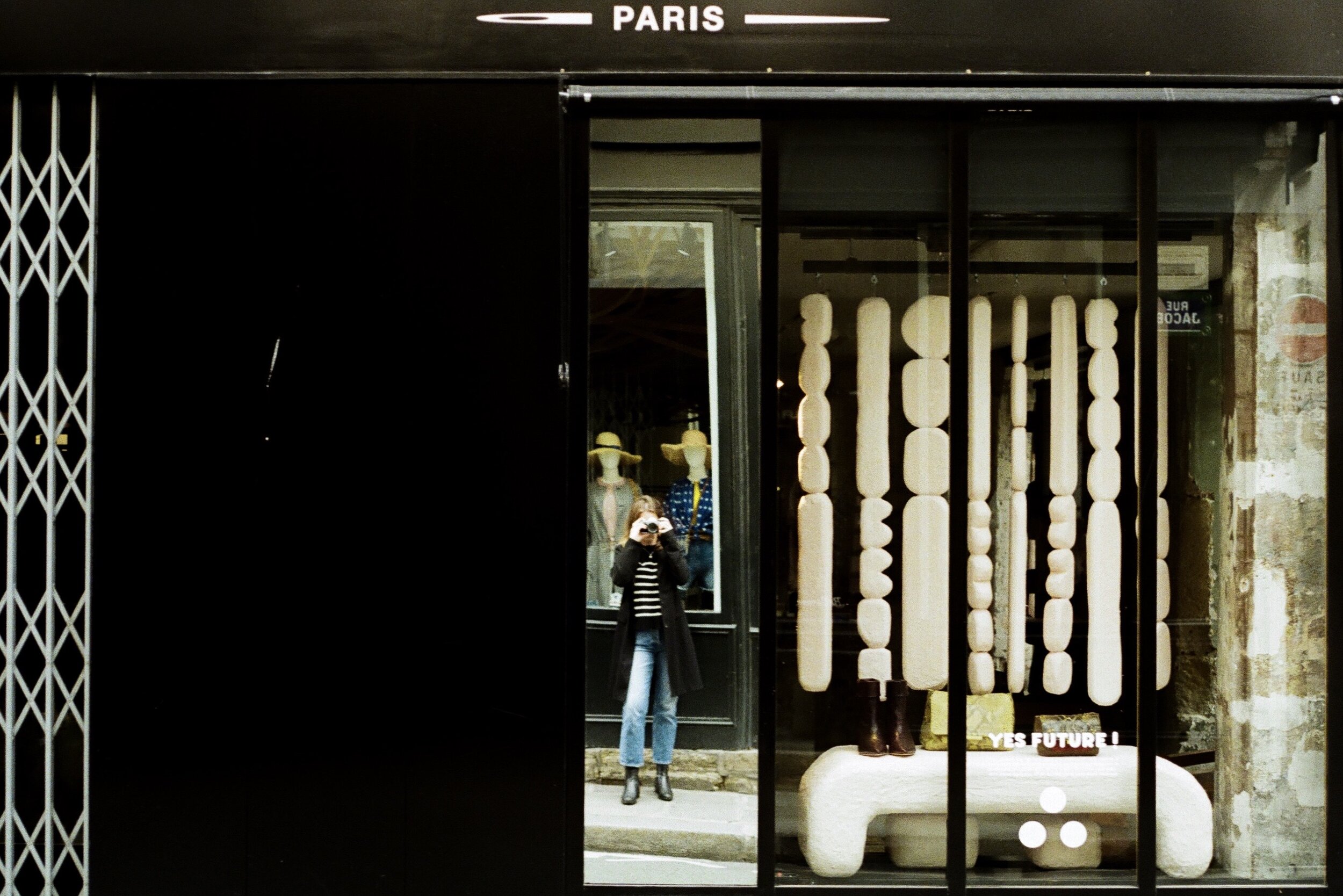
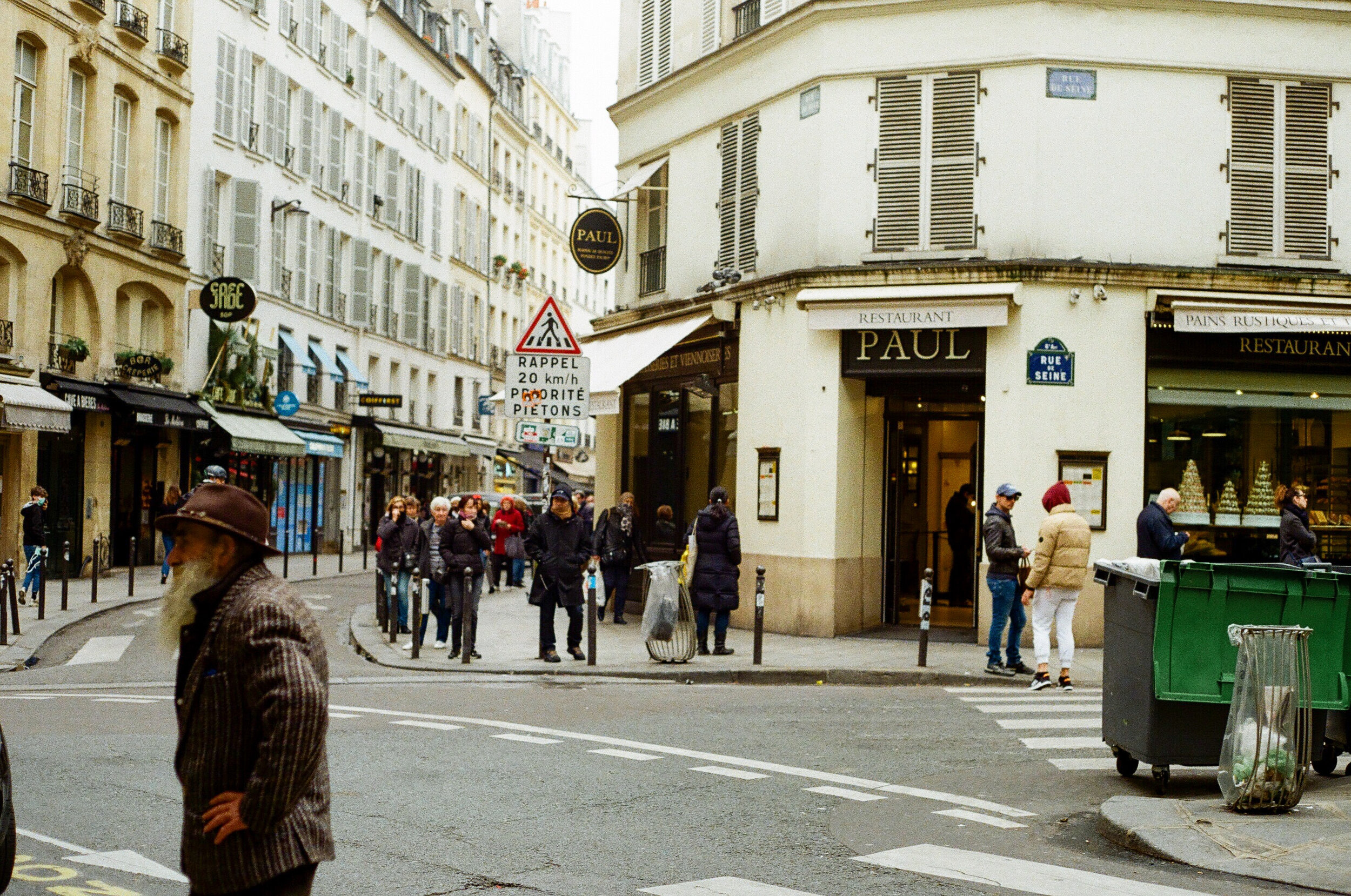
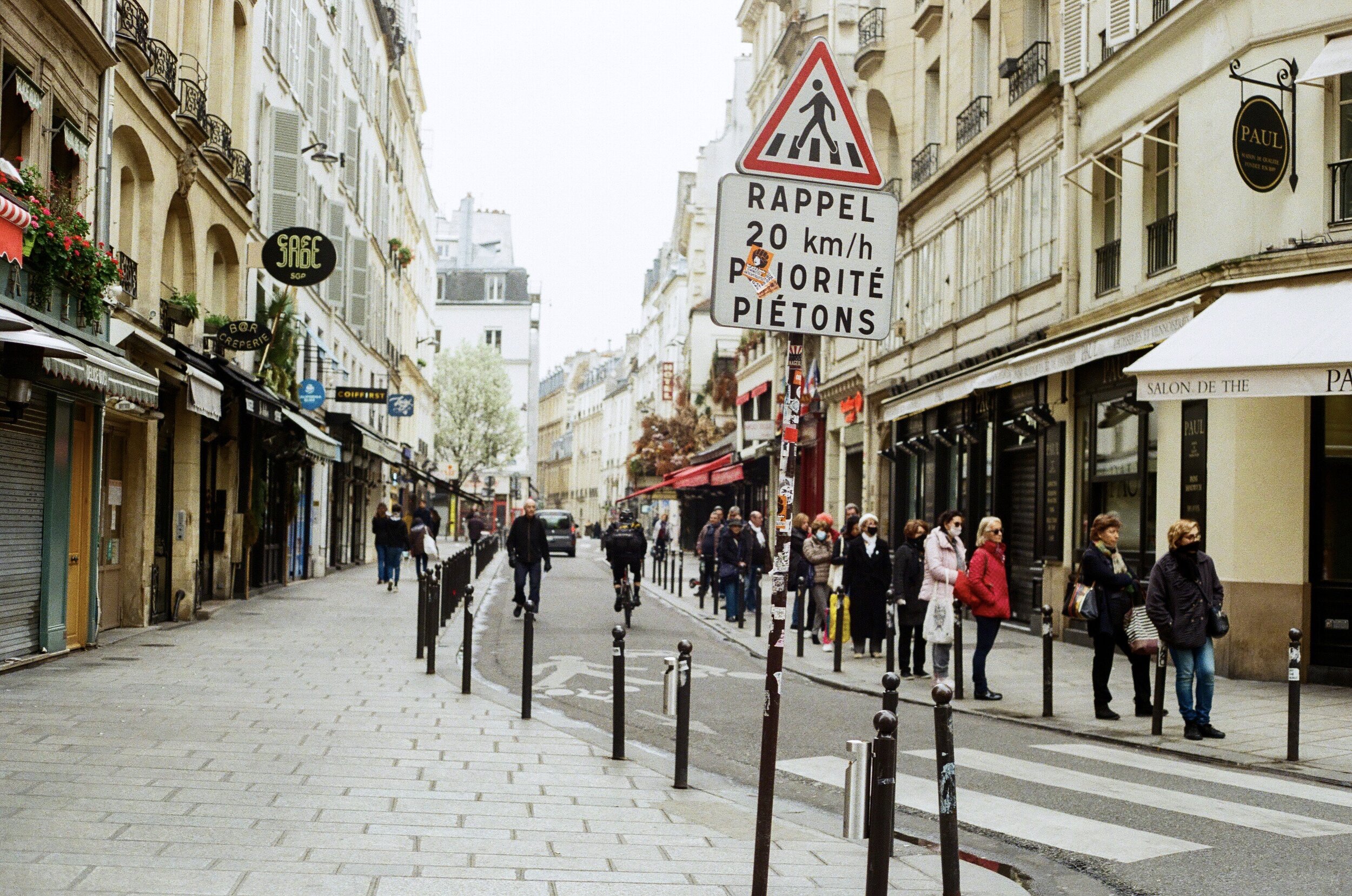
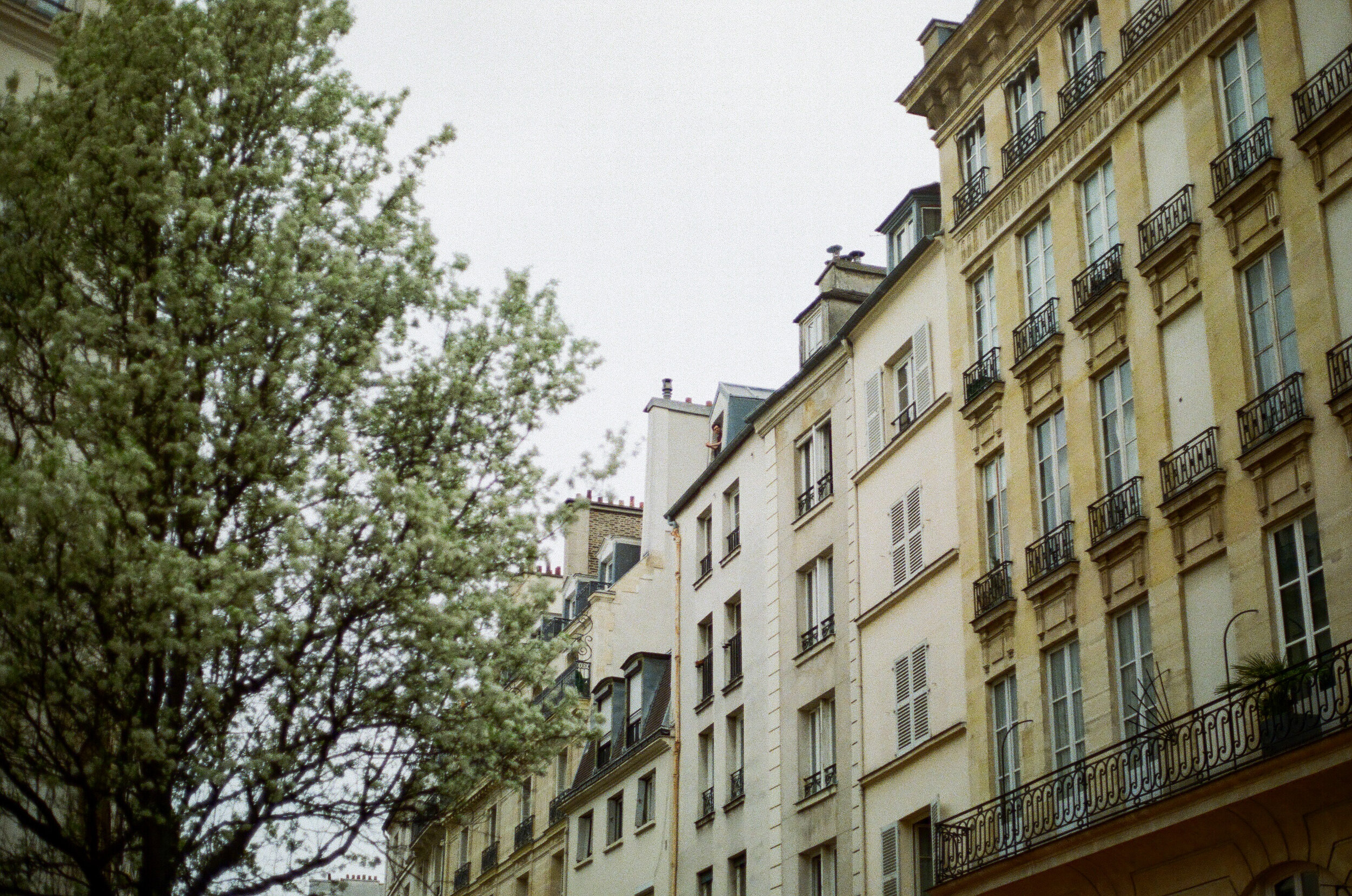
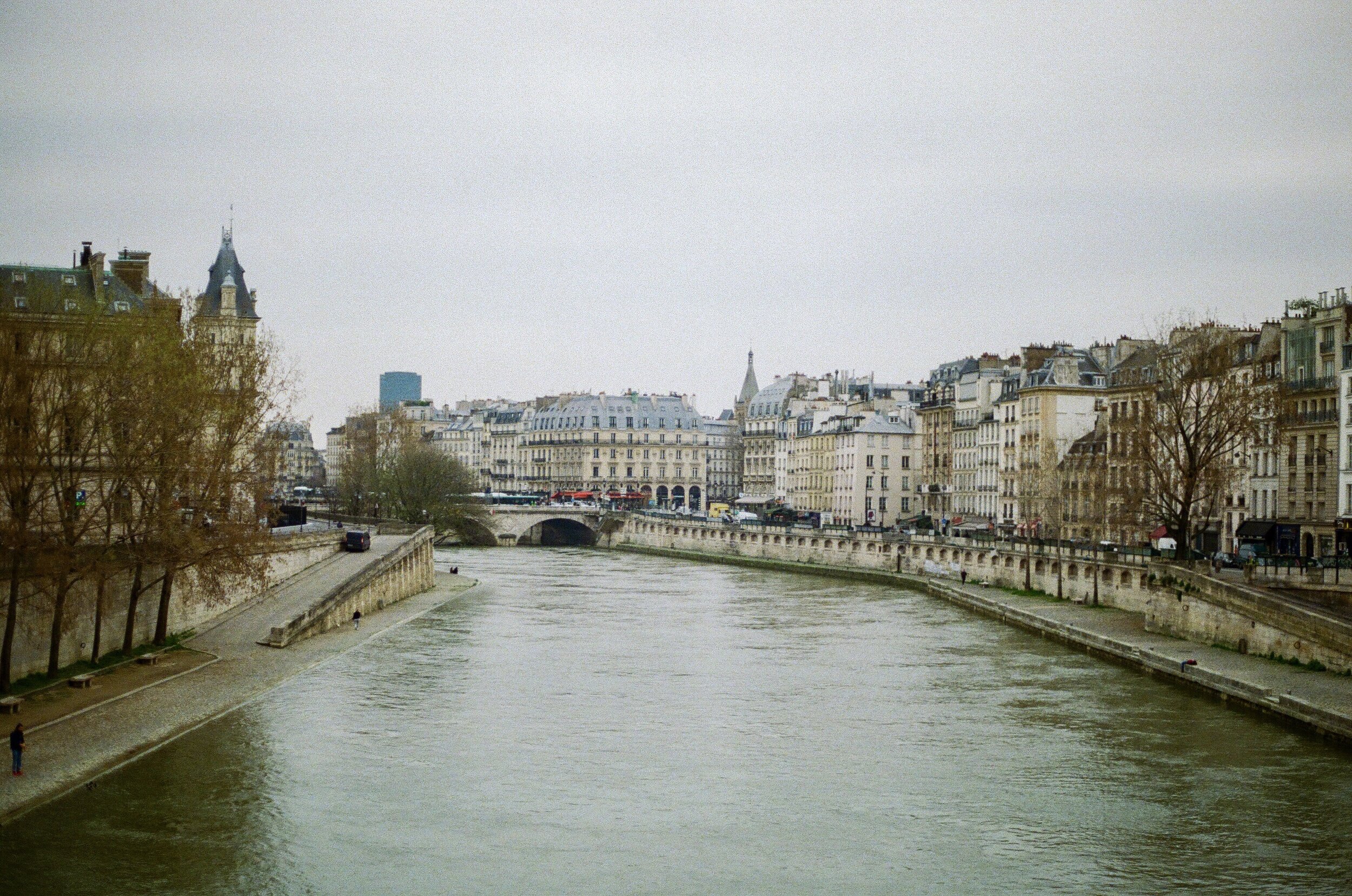
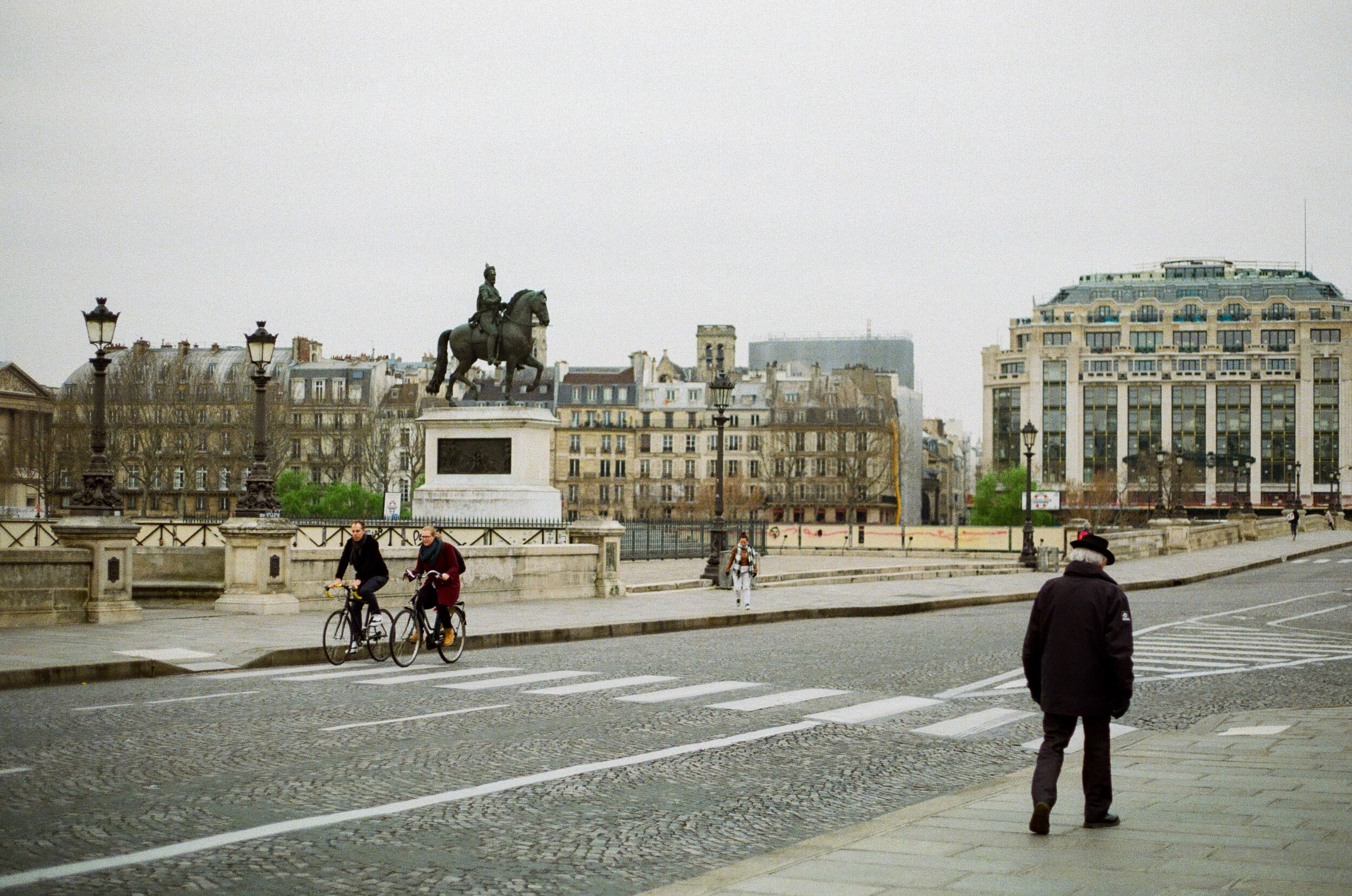
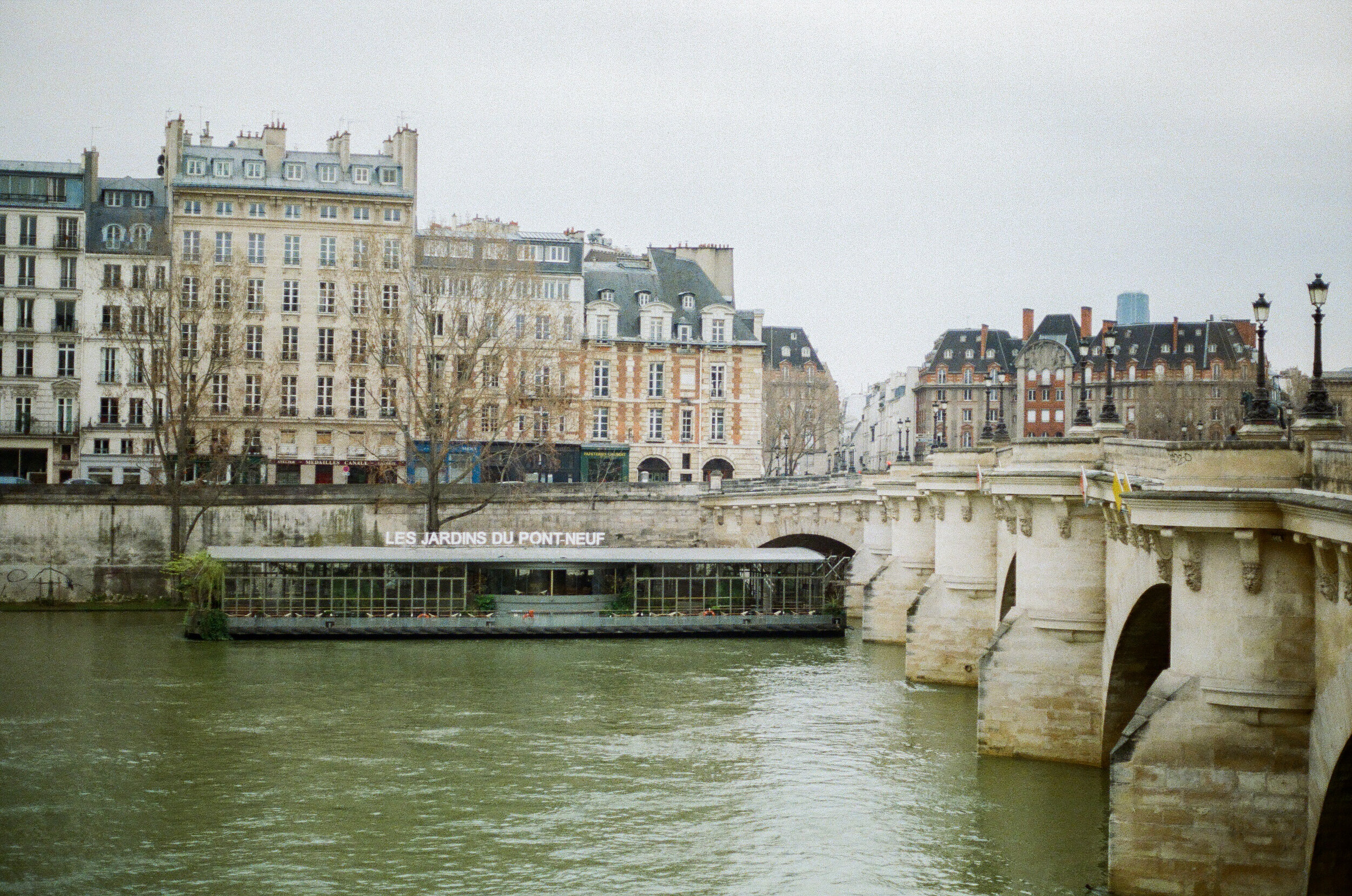
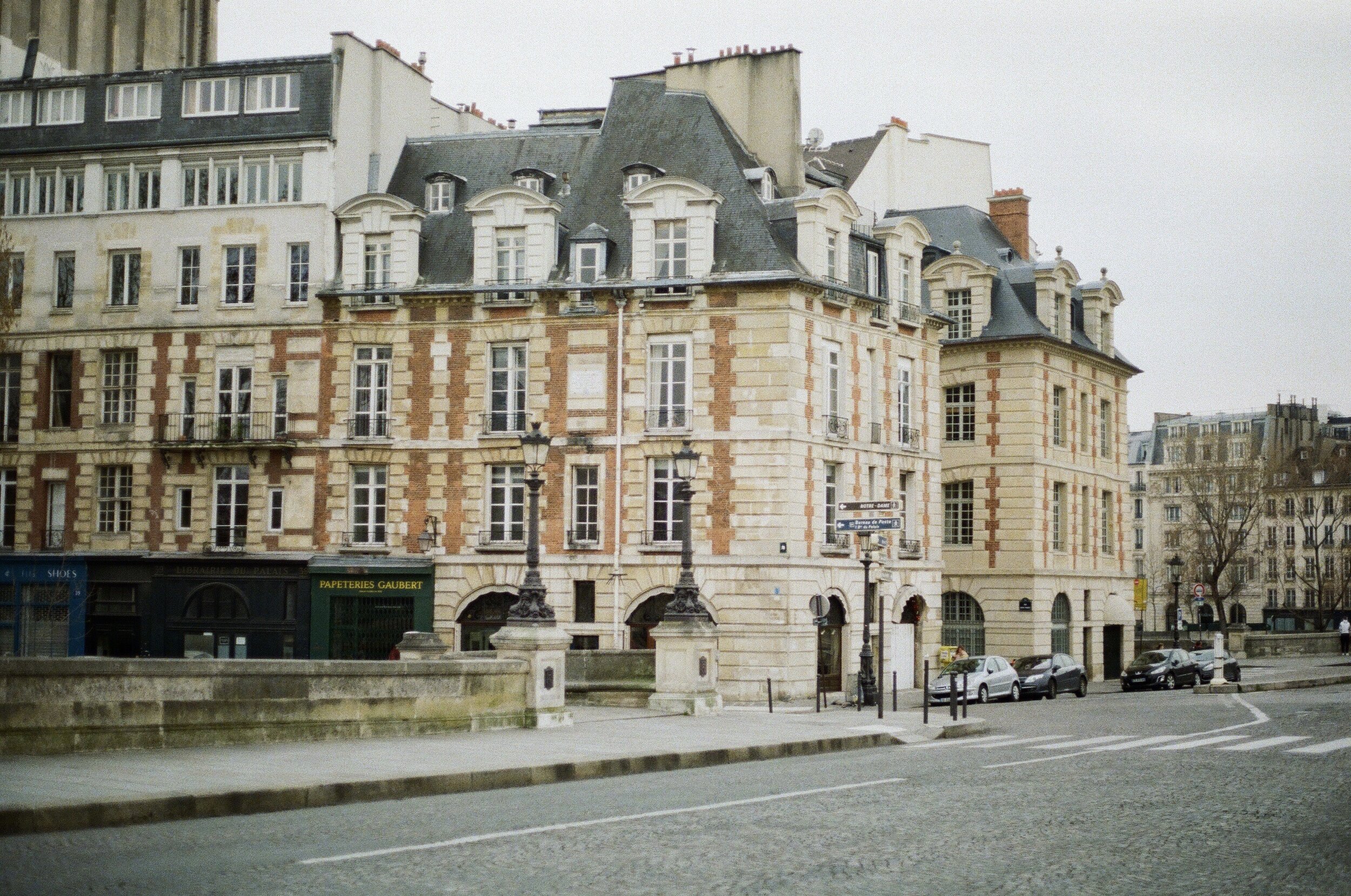
All photos taken with a Canon AE-1 Program film camera.
Emma Hemingway is a third year student at the University of Edinburgh studying International Relations. She is the founder, web designer, and Editor-in-Chief of Ensemble Magazine.




